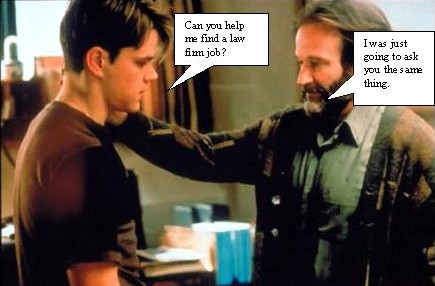 Imagine if a Graduate Tax program used this as its tag line — “ABC LL.M. in Taxation – The Quick and Simple Way to Understand Your Taxes.” I know my decision of which tax program to attend would certainly have been less agonizing, if I could choose a program where learning taxes was quick and simple. Well, for those that have yet to embark on their graduate tax journey, you may want to check out the IRS’s new educational website called “Understanding Taxes” –where learning taxes is “quick and simple” and FREE!
Imagine if a Graduate Tax program used this as its tag line — “ABC LL.M. in Taxation – The Quick and Simple Way to Understand Your Taxes.” I know my decision of which tax program to attend would certainly have been less agonizing, if I could choose a program where learning taxes was quick and simple. Well, for those that have yet to embark on their graduate tax journey, you may want to check out the IRS’s new educational website called “Understanding Taxes” –where learning taxes is “quick and simple” and FREE!
There are two links on the Understanding Taxes homepage: One is for teachers that provides an “interactive tax education program for middle school, high school and community college classrooms.” The other is for students and provides “middle schools, high schools, community colleges, and the general public with a technology-based instructional tool.” For purposes of this post, I will focus on the Student site.
The Student site provides 38 lessons to students which are divided into two categories: “The Hows of Taxes” and “The Whys of Taxes.” The lessons under “The Hows of Taxes” section include modules on payroll taxes and federal income tax withholding, wage and tip income, interest income, exemptions, and filing status to name a few. Each lesson has a set of materials and a skill check (quiz) at the bottom of the lesson in order to test your understanding of the lesson. For example, Module 1, relating to payroll taxes and federal income tax withholding provides a tutorial lesson, a fact sheet, and a simulation exercise where you attempt to help a retail store manager complete a form W-4.
“The Whys of Taxes” modules relate to various themes such as the history of taxes in the United States, fairness in taxes, and the impact of taxes to name a few. Within each theme are lessons, which contain activities to help you learn the topic of the lesson and a little quiz to test your understanding. I assume the IRS is expecting the lowest quiz scores to come from “The Whys of Taxes” lessons.
In addition to the separate “hows” and “whys” categories, you can access the lesson activities, tax tutorials, simulations, and assessments (quizzes) individually, through separate links provided on the Understanding Taxes Student main page.
In the end, I don’t expect “Understanding Taxes” to make US News’ top tax law specialty programs list next year. However, for tax return preparers needing to brush up on a topic or individuals interested in learning a little something about how taxes affect their lives, Understanding Taxes is a simple and easy.
{ 0 comments }






